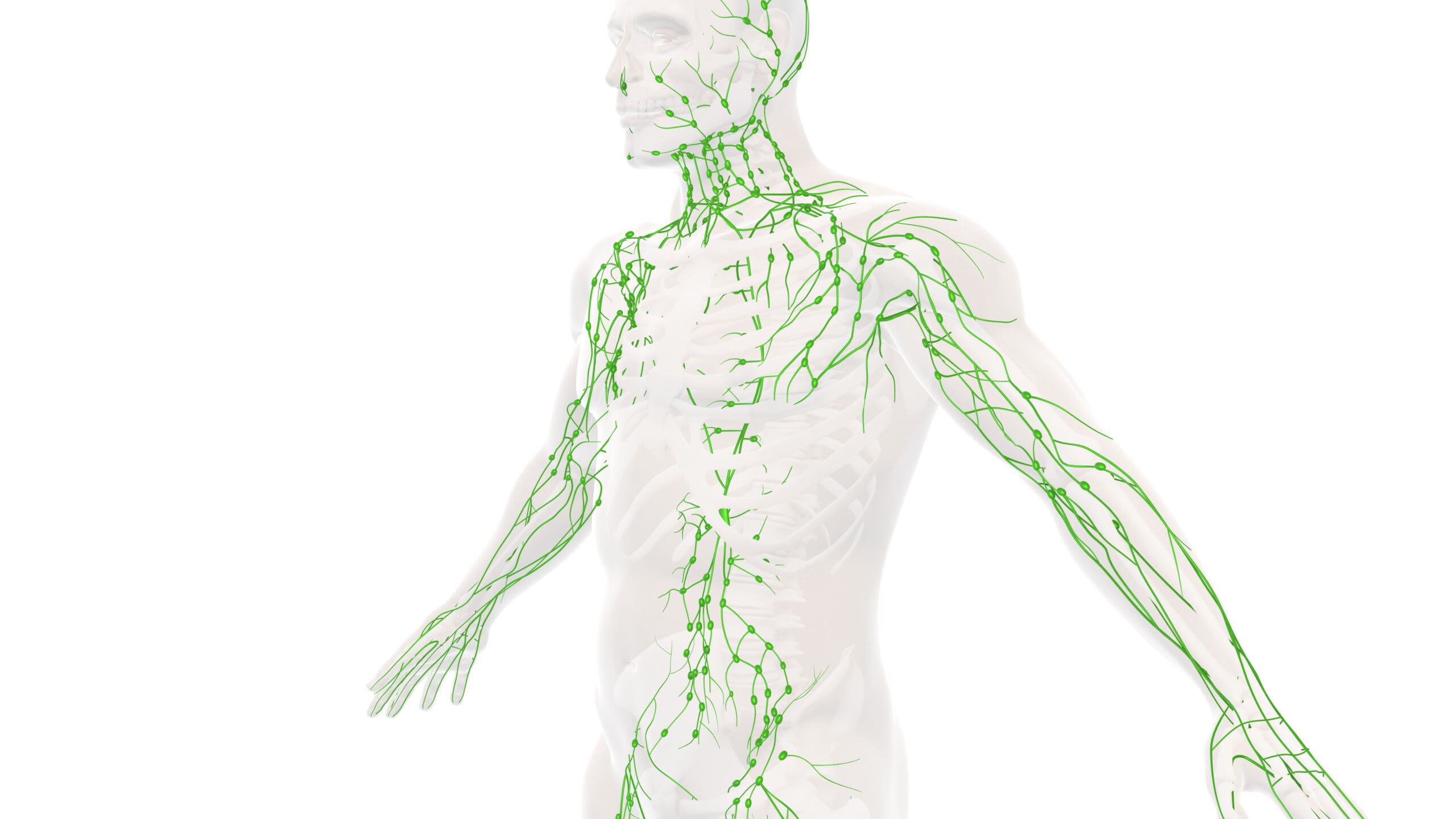5 ways obesity could be harming your health
By naturopath Margaret Jasinska
Carrying excess body weight isn’t good for your health. Everyone is aware of that. Not everyone is aware of the complexities though. Fat cells are able to secrete a variety of chemicals and hormones that raise inflammation in the body. If you have a lot of fat cells, you can end up with very high inflammation. Fat cells that sit across your torso are the most problematic.
Here are 5 consequences of obesity you may not have considered:
1. Higher risk of asthma
Obese people are three times more likely to develop asthma than individuals of a healthy weight. They are also more likely to have a more severe form of asthma, and be less likely to outgrow it. Asthma is an inflammatory condition. It produces inflammation of the mucous membrane of the bronchi, which causes breathing difficulties. Obese people have higher levels of inflammation in their bodies because fat cells produce cytokines. Many of these chemicals are the same ones that your immune cells produce when your body is fighting an infection. The liver of overweight people produces inflammatory chemicals. This is why it’s so important to work on reversing a fatty liver. There is detailed information on how to do that in this book. Asthma used to be a childhood illness. These days it typically persists into adulthood, and may even begin in adulthood.
2. Sleep difficulties
Sleep apnoea is an extremely common cause of waking up feeling unrefreshed and being tired all day. It is quite a common cause of motor vehicle accidents as people may fall asleep at the wheel. People who get sleep apnoea are more likely to carry excess weight on their upper body – torso and neck area. When adipose tissue (fat) encroaches the upper respiratory tract and throat, it impedes the flow of air, particularly when a person is laying down. Sleep apnoea is also more common in people who drink alcohol (particularly in the evening), and people with a blocked nose or sinuses. It’s also more common in women, but less likely to be diagnosed.
Sleep apnoea significantly raises the risk of high blood pressure and dementia. If you are overweight and suffering with significant fatigue, please ask your doctor for a sleep study.
3. Increased cancer risk
This issue gets nowhere near enough air time! According to the National Cancer Institute, there is strong evidence linking obesity with an increased risk of the following types of cancer:
– Oesophagus
– Pancreas
– Colon and rectum
– Breast (after menopause)
– Endometrium (lining of the uterus)
– Kidney
– Thyroid
– Gallbladder
There are a number of explanations: fat cells produce higher levels of oestrogen, and this is associated with a greater risk of breast and endometrial cancer in women. Overweight people typically have higher blood levels of the hormones insulin and insulin-like growth factor 1. These are both growth-promoting hormones and if a tumour is present in the body, these hormones act as fertilizer.
4. Greater risk of blood clots
Both deep vein thrombosis and pulmonary embolism are more common in obese people. Blood clots are particularly likely to form after long periods of inactivity and after air travel. A pulmonary embolism occurs when a blood clot breaks free, travels around the body and eventually gets trapped in the lungs. The condition is often fatal. Obese women who use hormonal contraception like the pill are more likely to suffer a blood clot than slim women.
5. Higher risk of gallbladder problems
Obese people are at higher risk of developing gallstones and inflammation of the gallbladder. This is usually because of high levels of cholesterol and triglycerides in the blood. These fats are eventually taken to the liver and then the gallbladder for excretion. A high level of fat in the gallbladder makes the bile thicker and prone to developing sludge and eventual stones. Ox bile is a wonderful strategy for making the bile thinner. This makes it easier to flow and helps to dissolve any stones that may be present in the gallbladder. There is more information in our book Save Your Gallbladder, and what to do if you’ve already lost it.
Losing weight benefits the health of your gallbladder over the long term, but it’s important to note that very rapid weight loss can aggravate gallstones. This is because high amounts of fat are excreted into the gallbladder all at once. Therefore a slow and steady weight loss is healthier in people prone to gallbladder problems.
Losing weight can be extremely difficult because a person’s weight is influenced by so many factors, such as stress levels, liver health, thyroid health, sleep quality, and even the composition of your intestinal gut bugs (microbiota). Sometimes fatigue and long-standing health problems make it impossible to lose weight. The balance of factors will be different in each individual and it is something Dr Cabot has written about extensively in her book called I can’t lose weight and I don’t know why. If you have been struggling to lose weight but not succeeding, this book may offer you valuable clues.
Metabocel tablets help to reduce body weight when used in conjunction with a program of reduced intake of dietary calories and increased physical activity.









Thanks 😀
now all i need do is find a diet that works ( no i dont cheat )
We hope you find a diet that works for you! No single diet is appropriate for everyone.
Almost impossible to stop the weight gain when you have no thyroid and are on heart medication…:-(
It’s frustrating when the doctor prescribes cortisone for every problem, the weight gain and destruction of my metabolism is irreparable.
Inflammation makes exercise painful and limited, it’s a hopeless situation.